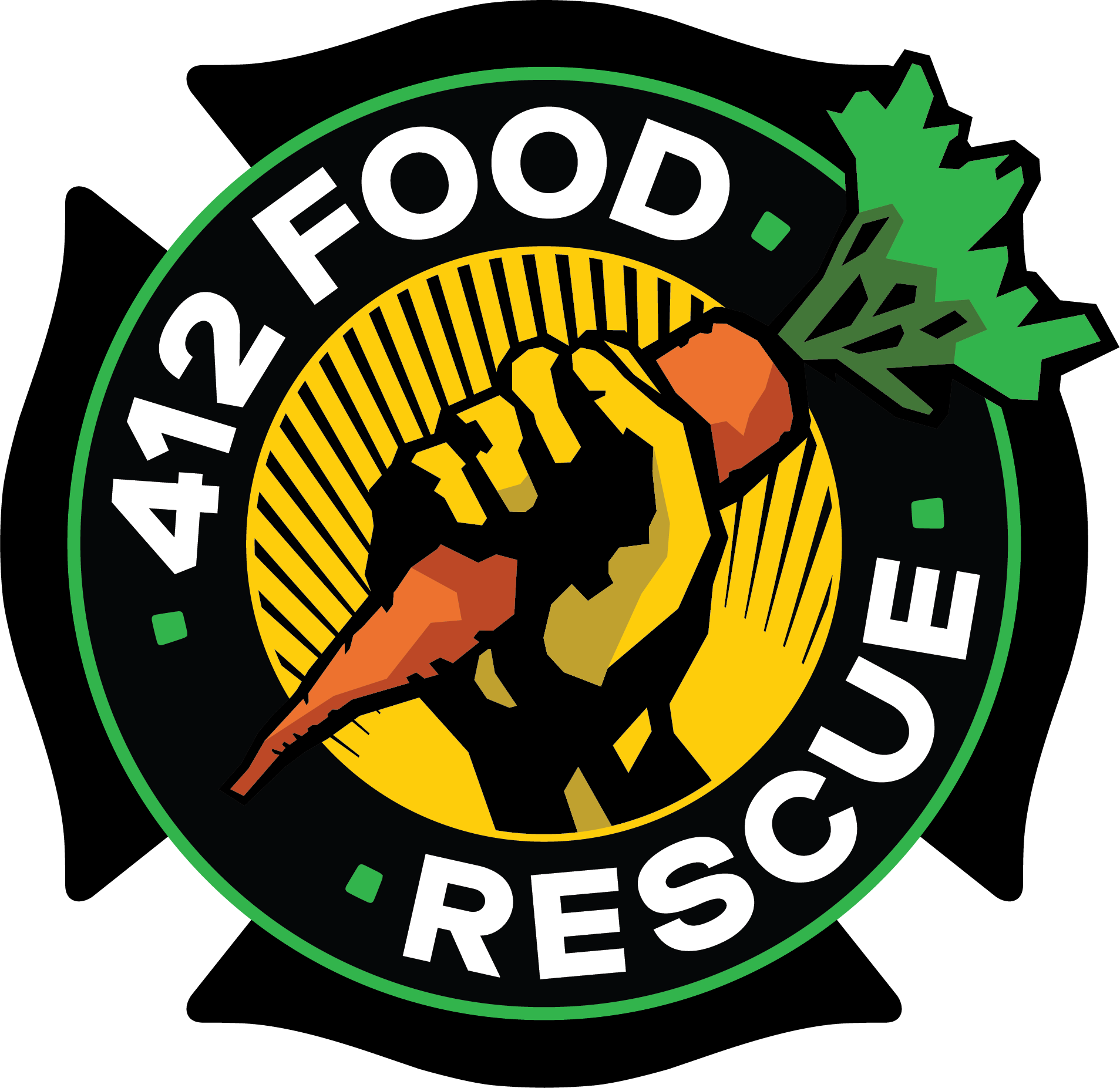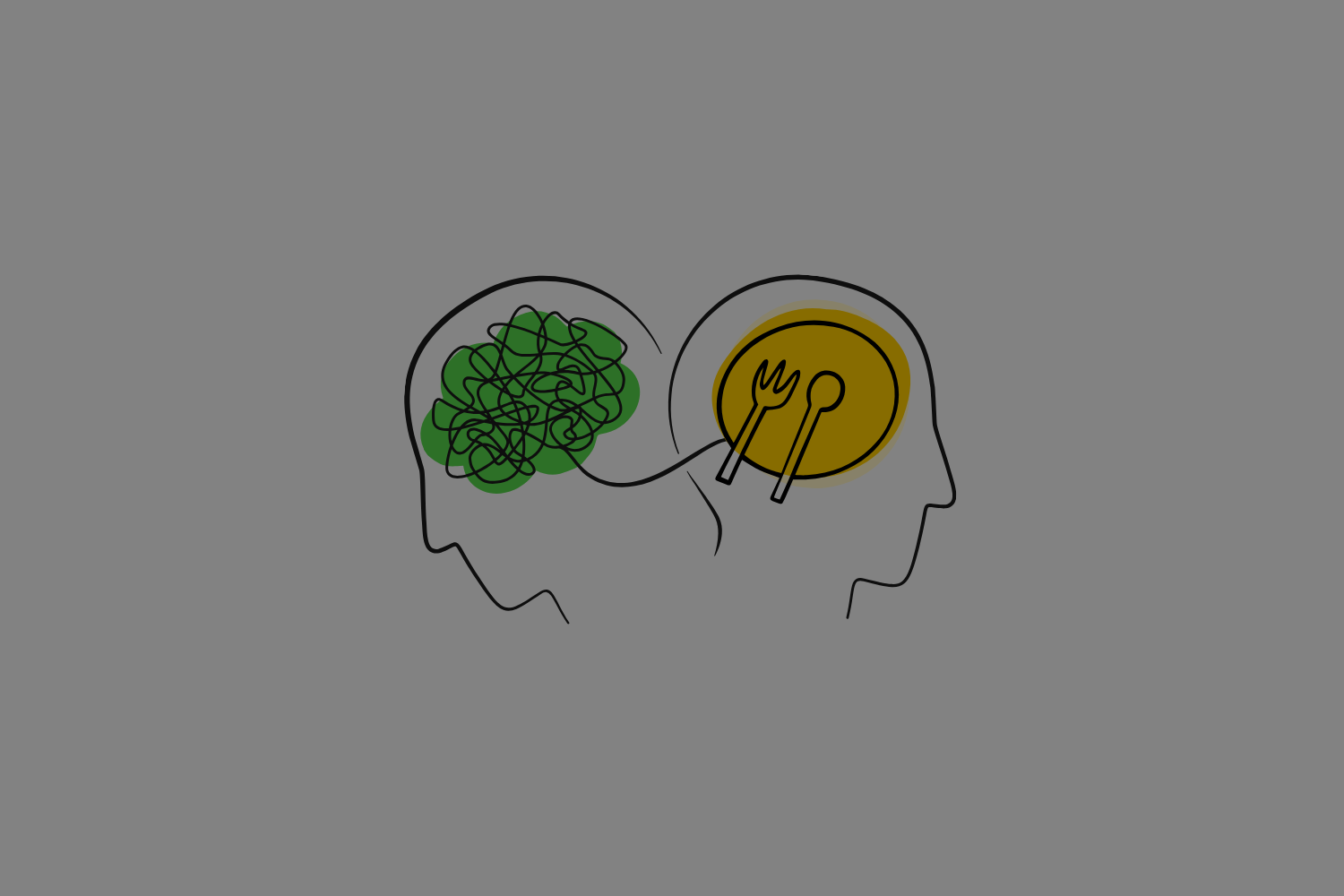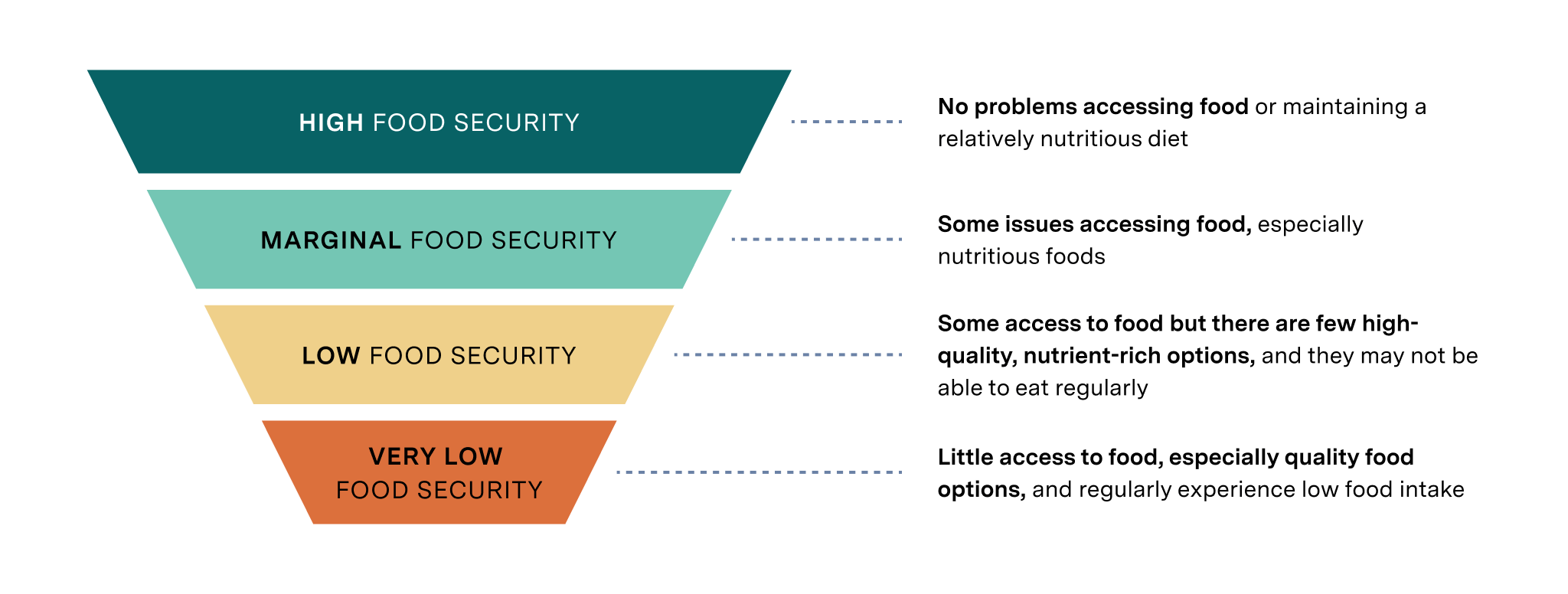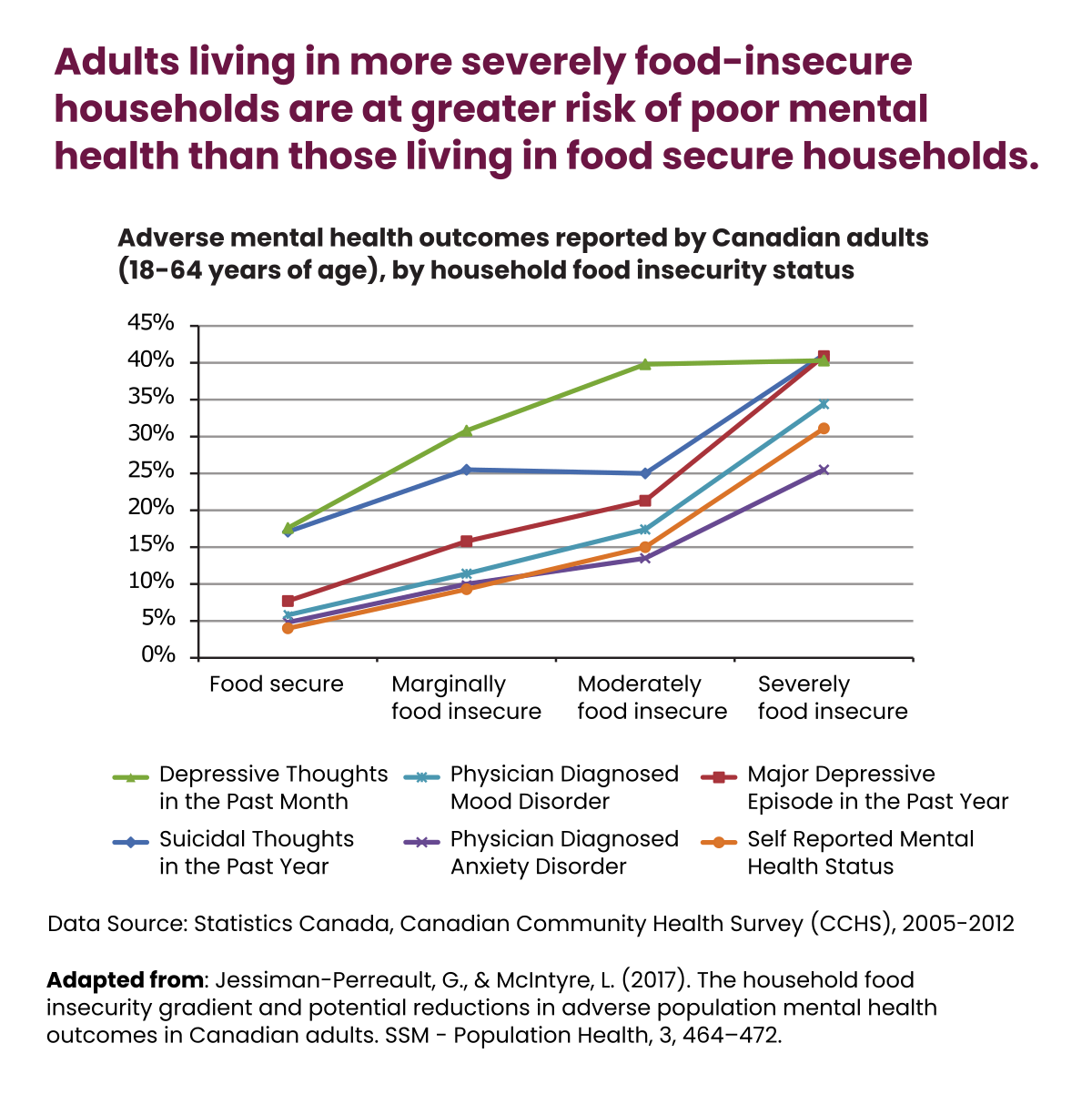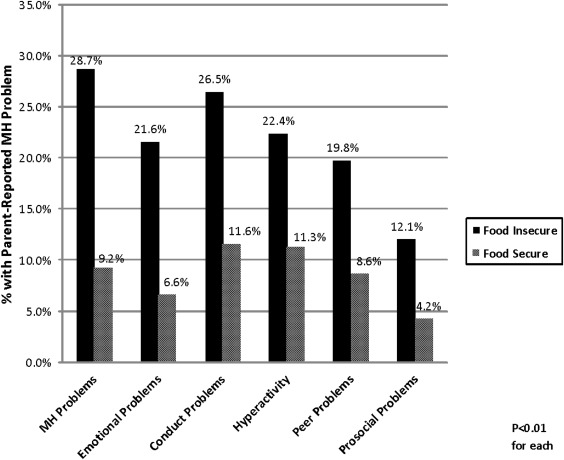Tackling food insecurity is not only about putting food on a plate–it’s a public health issue. Beyond the effects on physical wellbeing, the inability to access food directly impacts mental health as well. Extensive research underscores the significant psychological toll that food insecurity imposes on individuals and families experiencing food insecurity.
Overview
The Hidden Mental Toll of Food Insecurity
Living with food insecurity creates constant stress. If you’ve ever worried about how to pay for your next meal or whether your children will have enough to eat, you know how overwhelming that can feel. For many people, that ongoing worry turns into anxiety and even depression—feelings that don’t just go away once the pantry is restocked. These emotional effects can linger and make daily life harder to manage.
Common mental health issues linked with food insecurity:
Anxiety
Research shows that people who experience ongoing hunger often face higher levels of anxiety.
A study published in Public Health Nutrition found that low-income adults experiencing very low food security were six times more likely to experience anxiety compared to food-secure individuals.
This anxiety can interfere with everyday life—making it harder to concentrate, maintain employment, or succeed in school.
Depression
Medical studies have shown that persistent food insecurity is strongly linked to increased risk of depression.
According to a 2021 systematic review of global studies, people experiencing food insecurity were significantly more likely to suffer from depression than those who were food secure. The same study Public Health Nutrition study found that low-income adults experiencing very low food security were over seven times more likely to show symptoms of depression compared to food-secure individuals.
People who don’t have reliable access to food may experience symptoms such as insomnia, fatigue, lack of motivation, and a reduced ability to enjoy life.
Suicidal Ideation
In more severe cases, chronic hunger has been associated with greater risk of suicidal ideation. This may include thinking about, planning, or attempting suicide—highlighting just how serious the mental health impacts of food insecurity can be.
Cognitive Impairment
Not having enough to eat can also affect how the brain functions. Studies have found that hunger can lead to difficulties with memory, decision-making, and focus—all signs of cognitive decline that may indicate deeper mental health concerns.
In North America, where food assistance programs exist but don’t always meet needs, the connection between food insecurity and stress-related conditions is particularly strong. These numbers point to a clear message: when people don’t have reliable access to food, their mental health suffers—often severely.
Families and Children: The Emotional Ripple Effect
The psychological impact of food insecurity is especially pronounced in households with children. A 2023 study found that food-insecure parents were more likely to experience depression and anxiety, and their children were at greater risk for behavioral and emotional challenges, including hyperactivity and withdrawal.
The American Academy of Pediatrics showed that children are 56% more likely to develop post-traumatic stress disorder if they live with severe hunger. That same study also showed the children who deal with chronic hunger are 53% more likely to develop severe depression.
When parents struggle to meet basic needs, the emotional toll can create a ripple effect throughout the family. Children may internalize their caregivers’ stress, which can affect their development, performance in school, and overall well-being.
Policy and Intervention Strategies
Combating food insecurity isn’t just about providing calories—it’s about creating stability and reducing chronic stress. To mitigate the mental health impacts of food insecurity, several policy and intervention strategies have been proposed:
Enhancing Nutritional Assistance Programs
Expanding access to programs like the Supplemental Nutrition Assistance Program (SNAP) and the Special Supplemental Nutrition Program for Women, Infants, and Children (WIC) can alleviate food insecurity and its associated stressors.
Implementing Income Support Measures
Policies such as the Child Tax Credit and universal basic income have shown potential in reducing food insecurity and improving mental health outcomes.
Reducing Stigma
Efforts to decrease the stigma associated with seeking food assistance can encourage more individuals to utilize available resources, thereby reducing the psychological burden of food insecurity. Food assistance programs can aid this effort by making food access as low-barrier and dignified as possible. Setting up free stores or making food available at schools, workplaces, and job training centers are ways to bring nutritional support directly to people who could benefit.
Why It Matters
Food insecurity is more than a social issue—it’s a public health crisis that affects both the body and the mind. The research is clear: without stable access to food, mental health suffers. By implementing targeted policies and interventions, it is possible to break the cycle of food insecurity and its detrimental effects on mental health, fostering a healthier, more resilient society.
To build stronger, healthier communities, addressing food insecurity must be part of any serious conversation about mental health.
If you or someone you know needs help
- National Suicide Prevention Lifeline: Text, call or chat to speak with the Suicide and Crisis Lifeline.
- Crisis Text Line: Text HOME to 741741
- NAMI HelpLine: 1-800-950-NAMI (6264)
